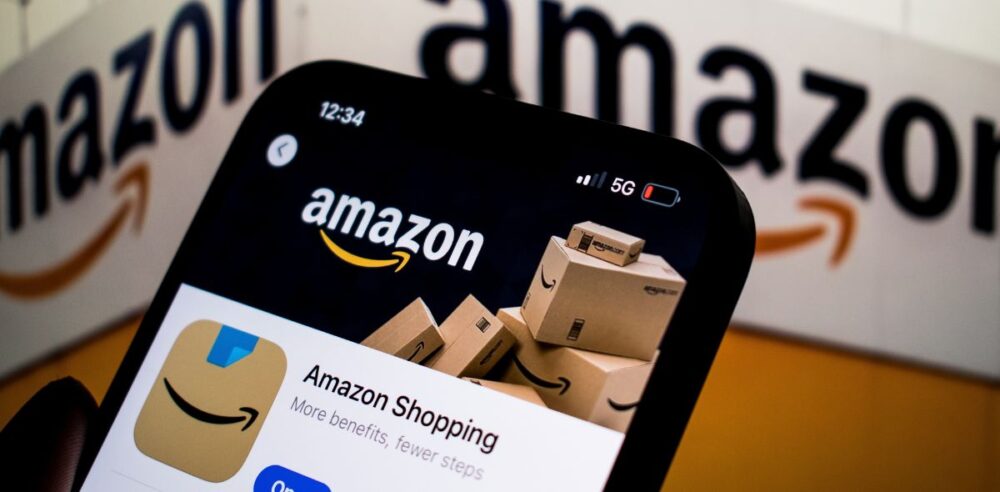The Trump administration’s tariffs on consumer goods, particularly those from China, have ignited a firestorm of debate, with businesses and retailers grappling with potential price hikes.
The Dallas Market Center (DMC), a major wholesale trade hub, has launched a public campaign to oppose the tariffs on goods from China, citing already evident price increases passed on to retailers. The campaign includes a petition on the Dallas Market Center’s website, rallying support from retailers and consumers who fear the economic ripple effects of the trade policy.
Meanwhile, Amazon, the e-commerce giant, has been thrust into the spotlight over reports—later denied—that it planned to display tariff-related price impacts to consumers.
The Dallas Market Center’s campaign, “Stand With Main Street — Turn Off Tariffs,” urges President Donald Trump to pause tariffs on Chinese-manufactured consumer goods for at least 90 days. The Center, a key player in connecting retailers with suppliers, argues that the tariffs drive up costs, ultimately burdening small businesses and consumers.
A 90-day pause on the China tariffs would allow for the free flow of goods ahead of the critical Q4 holiday season.
“With the holiday season fast approaching, which represents nearly $994 billion in retail sales, the impact is growing more severe by the day. If goods are not in transit within the next few weeks, economic consequences will be dire for the 55 million American jobs supported by retail,” DMC said on the petition website.
“Now is the time for grassroots action,” said Cindy Morris, the president and CEO of DMC, per Apparel News. “It has become clear to our family-owned business that there is a small window of time to support Main Street retailers preparing for their holiday selling season and the companies providing their merchandise.”
On the e-commerce front, Amazon found itself at odds with the White House following a report by Punchbowl News suggesting the company planned to show consumers how much tariffs were adding to the price of each product. The report prompted a sharp rebuke from White House press secretary Karoline Leavitt, who called the move “a hostile and political act by Amazon.”
“Amazon has partnered with a Chinese propaganda arm. Why didn’t Amazon do this when the Biden administration hiked inflation to the highest level in 40 years?” Levitt said, per Audacy.
Amazon swiftly denied the claim, stating it had no plans to display tariff-related price impacts.
“The team that runs our ultra-low-cost Amazon Haul store has considered listing import charges on certain products,” an Amazon spokesperson said, per The Washington Post. “This was never a consideration for the main Amazon site and nothing has been implemented on any Amazon properties.”
The company’s rebuttal aimed to quell speculation and avoid further escalation with the administration, which has championed tariffs as a tool to bolster U.S. manufacturing.
The tariffs, which include a 25% levy on imports from Canada and Mexico (currently paused) and much higher duties on Chinese goods, have sparked widespread concern. While Trump has argued the measures will restore American jobs and reduce trade deficits, critics warn of unintended consequences, including inflation and strained international relations.
The Dallas Market Center’s campaign and the Amazon controversy highlight the complex interplay between policy, business, and consumer interests.


